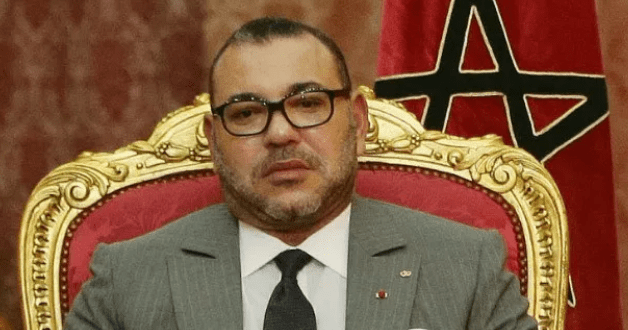
Ever since the current Moroccan King, Mohammed VI, ascended to the throne in 1999, he has promised to reform, and to try to solve the issues of the economy, corruption, poverty and human rights. In practice however, this has proved no easy task, and 20 years on, Morocco seems still to be in the midst of reform. The question therefore must be asked: Is Moroccan reform reflective of a genuine desire to improve the lot of the Moroccan people, or is reform merely the cynical promises of a regime intent on preserving as much of its power, for as long as possible?
Key Judgements
- Slow Reform is inevitable – too fast and the old guard will shut it down. Too slow, and calls for liberalisation will cause revolution and public disorder.
- There is a downwards trend in human rights. The “Years of Lead” may be over, but the government is still capable of heavy-handed repression, and is able to turn it on and off with great control.
- The regime is somewhat flexible and pragmatic, able to compromise on small issues in order to retain power.
Part 1: Human Rights
In the area of human rights, this issue is exemplified in the recent financial compensation for human rights violations in the “years of lead” between 1956 and 1999. In August 2019, the Moroccan Council of Human Rights awarded $9.1 million dollars to victims. However, critics argue that this sum of money is paltry and that the real issue of justice has not been addressed: those responsible for human rights abuse under Hassan II have not been prosecuted. This middle-ground policy is highly typical of Mohammed VI over the years – by financially compensating some of the victims of his father’s regime, he placates many who may otherwise be critical of him, and gives him the outward appearance of a reformer. However, this will only be effective if it is followed up by substantial legal changes. Furthermore, by avoiding the prosecution of those responsible, Mohammed’s government avoids awkward conversations about exactly who was responsible for human rights abuses from as recently as the 1990s.
Another recent example of pragmatic policy by the King is the release of journalist Hajar Raissouni, whose pardon was arranged after protest from across the country’s political spectrum, ranging from secular groups to Islamists. It represents a PR success for a monarchy under duress – the pardon has been issued in one prominent case and the king may be praised for this, yet the government retains the powers that enabled it to arrest her in the first place, so nothing of consequence has really changed. Furthermore, this move removes an issue upon which previously opposing political entities agreed, and once again set the Islamists and Secularists in Morocco against each other, instead of the King or his government.
Lastly, in response to protests that began in 2017, Freedom House has assessed that a heavy-handed government response to the “Hirak Rif” protest movement constitutes evidence for a lowering of human rights ratings in Morocco. In June 2018, those leaders responsible for the protests were given sentences of up to 20 years, and there are accusations of police brutality against those who were protesting. The heavy-handed “years of lead” may be gone, but the police are certainly still capable of significant levels of repression.
While some attempt at addressing human rights has been made, it seems likely that if Mohammed VI were to try to prosecute those who served his father or initiate major change quickly, he would be putting himself in a dangerous position by alienating those who are loyal to him today. Mohammed VI wishes to be seen as a centrist and conciliatory figure in Moroccan attempts to democratise and reform the country, whilst he quietly preserves the status quo. Surface-level displays of democratisation and addressing human rights concerns are not backed up with substantial legal change. This means there is nothing to prevent them from reoccurring. The repression of the 2017 Rif protest movement shows that the government is not afraid to use force, and although Mohammed’s government may be more reticent to use force and crush its opposition in the 21stcentury, it is certainly still capable and willing to do so, and can turn up repressive police action very quickly, when it wishes to do so.
Image: Daily Morocco (link)

